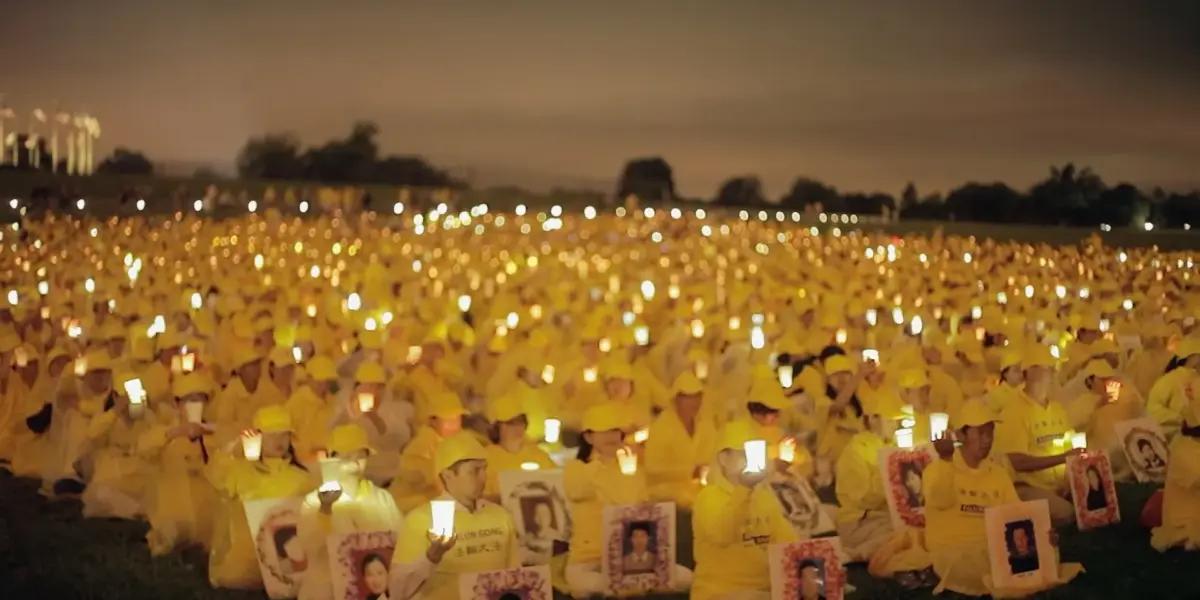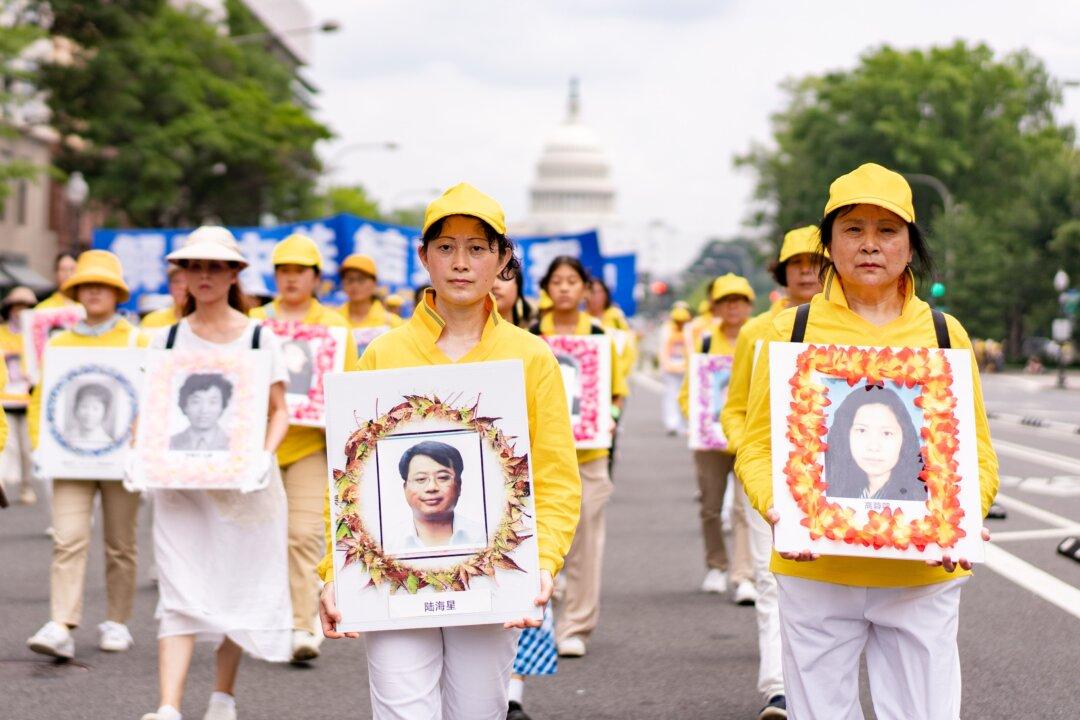NR | 1h 16m | Documentary | 2024
In the West, rumors of organ harvesting are the stuff of urban legends or low-budget action movies. However, in communist China, there is evidence of organ harvesting on an industrial scale. That necessarily requires a vast pool of bodies (victims) from which to harvest, but the Chinese Communist Party’s ongoing persecution of Falun Gong practitioners has supplied plenty of “resources” to plunder.
China’s horrific state-sanctioned practice of involuntary organ harvesting is exposed in director Raymond Zhang’s documentary “State Organs.”
The numbers “State Organs” cites speak for themselves. China lacks an extensive network of volunteer organ donors compared to America. Instead, all transplant organs in China are supposedly culled from prisoners who were executed for criminal (rather than political) offenses. Yet the wait time for kidney and liver transplants in the United States is two to three years. In China, it’s only one or two weeks. If you don’t believe that staggering discrepancy, Mr. Zhang and the producers confirm it when they cold call Chinese hospitals to inquire about potential transplants.

Where do these organs come from, according to the doctors and nurses they speak with? They say they are organs from Falun Gong practitioners, which makes sense when you look at the numbers. According to public statistics, China only performed 78 liver transplants from 1991 to 1998. From 1999 to 2006, they performed 14,085—and those are just what they report. Outside experts estimate that China performs somewhere between 60,000 and 90,000 organ transplants every year.
Missing Relatives
Consequently, there are a lot of family members out there who fear that their missing loved ones might be victims. Shawn and Yun have both been held incommunicado for at least 20 years. Mr. Zhang focuses on Dr. Will Huang, Shawn’s brother, and Michelle Zhang, Yun’s sister. Yun’s distraught father would rush to provincial prisons whenever he heard rumors that a witness might have seen his daughter there, but he was always stonewalled by the authorities. At this point, it’s hard for either of them to maintain hope that their missing loved ones are still alive, especially in light of widespread reports of organ harvesting.
Mr. Zhang and company found a whistleblower to viscerally describe the harvesting process on live, unanesthetized subjects. The anonymous informant is a police officer, who was assigned to escort a medical extraction team. His grisly accounts are largely corroborated by a former nursing student whose colleague was forced to participate. It might be hearsay, but it is certainly admissible in the court of documentary filmmaking.
Evidence
“State Organs” persuasively conveys the macro-dimensions of credibly alleged organ harvesting in CCP-dominated China, as well as the resulting personal suffering for suspected victims’ families. By American legal standards, Mr. Zhang and his cast of experts assemble a case that would garner an indictment from a grand jury and overcome any pretrial motions to dismiss. Whether it would be enough to ultimately convict is debatable. Considering the closed nature of mainland Chinese society and the government’s hostility to independent journalism and third-party due diligence firms, it is pretty impressive how much testimony and how many facts and figures the film successfully marshals.







